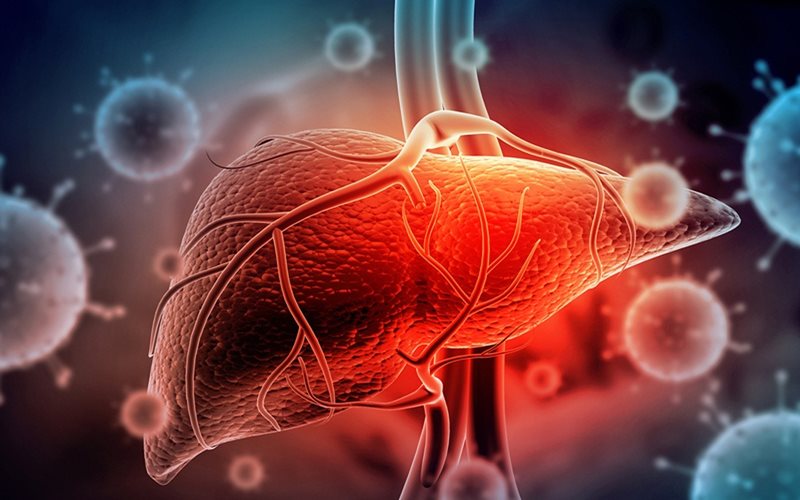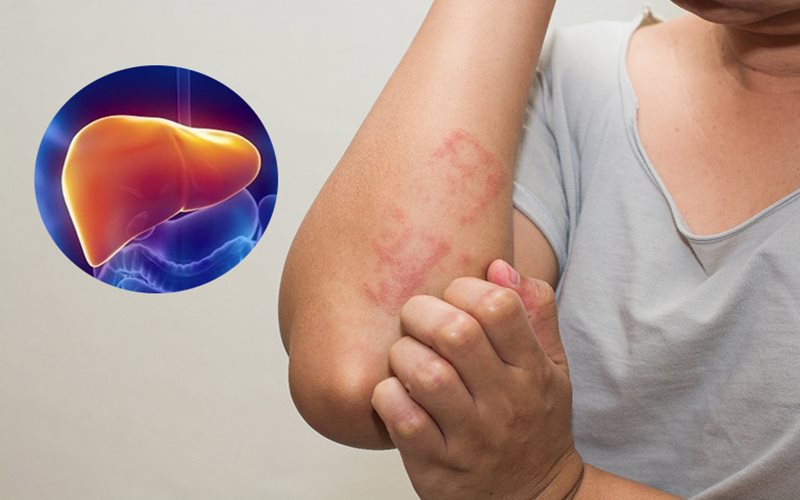Elevated liver enzymes are a cause for concern and can significantly impact your overall health and well-being. In this article, we will delve into the condition of high liver enzymes, exploring its causes, symptoms, and, most importantly, quick and effective ways to address it.
1 Understanding High Liver Enzyme Condition
 Exploring High Liver Enzymes
Exploring High Liver Enzymes
Dr. Vu Truong Khanh, Head of the Department of Gastroenterology, Hepatology, and Pancreatology at Tam Anh Hanoi General Hospital, explains that elevated liver enzymes occur when liver cells are damaged or inflamed. As a result, the enzymes within these cells are released into the bloodstream in higher concentrations, leading to increased liver enzyme levels.
2 Uncovering the Causes
 Identifying the Triggers
Identifying the Triggers
A variety of factors can contribute to elevated liver enzymes in individuals. Here are some of the most common causes:
-
Hepatitis Viruses (A, B, C, and D): These harmful viruses can destroy liver cells, leading to the release of enzymes into the bloodstream and, consequently, elevated liver enzyme levels.
-
Alcohol Abuse and Substance Misuse: Excessive alcohol consumption or substance use overburdens the liver, as it is responsible for filtering toxins. This can severely impair the function of liver cells.
-
Biliary Tract Diseases: Conditions affecting the biliary tract, such as tumors, infections, or gallstones, can impact the liver’s function, resulting in high liver enzyme levels.
-
Diet and Environmental Factors: Consuming contaminated food containing toxins and harmful substances can take a toll on liver health and function. Regular exposure to toxins can also lead to elevated liver enzymes.
-
Medication Overuse: Overusing certain medications, including painkillers, anti-inflammatory drugs, and dietary supplements, can have detrimental effects on liver cells and cause damage.
3 Signs and Symptoms to Watch For
 Recognizing the Indicators
Recognizing the Indicators
When liver enzymes are elevated, you may experience a range of symptoms, including:
- Low-grade fever
- Mild discomfort in the lower right abdomen
- Loss of appetite, nausea, vomiting, abdominal pain, and fatigue
- Jaundice, characterized by a yellowing of the skin and eyes
- Itchy skin and the appearance of hives
- Pale stool and dark urine
4 Taking Action: Effective Strategies to Lower Liver Enzymes
 Practical Steps Towards Improvement
Practical Steps Towards Improvement
To effectively reduce elevated liver enzyme levels and restore them to a healthy range, consider implementing the following measures:
-
Reduce Alcohol Consumption: Given that alcohol is a primary culprit of liver damage, limiting your intake is crucial to improving liver function.
-
Embrace Natural and Organic Choices: Opt for natural and organic options like green tea, turmeric, and garlic. These provide your body and liver with essential nutrients while enhancing the liver’s efficiency.
-
Increase Fruit and Vegetable Intake: These are rich in antioxidants, nature’s neutralizers of toxins in the liver. Specifically, the pigments found in fruits and vegetables possess powerful toxin-neutralizing abilities.
-
Incorporate Fiber-Rich Foods: Ensure your meals include sufficient fiber to promote digestion and support the liver in expelling toxins from the digestive system more rapidly.
-
Stay Active: Physical activity boosts metabolism and helps reduce fat accumulation in the liver.
-
Maintain a Healthy Weight: Excessive fat buildup in the liver can hinder its performance, so strive to maintain a weight that falls within a healthy range.
-
Kick the Habit: Quit Smoking: By refraining from smoking and avoiding secondhand smoke, you can minimize liver damage and support its recovery.
-
Adhere to your doctor’s instructions regarding any prescribed medications, avoiding overuse or abuse to prevent further liver damage and maintain overall health.
In summary, this article has equipped you with practical insights and strategies to effectively manage elevated liver enzymes. Remember, taking charge of your health is empowering, and we hope that this knowledge will inspire you to take proactive steps towards improving your well-being.
Source: tamanhhospital.vn





































